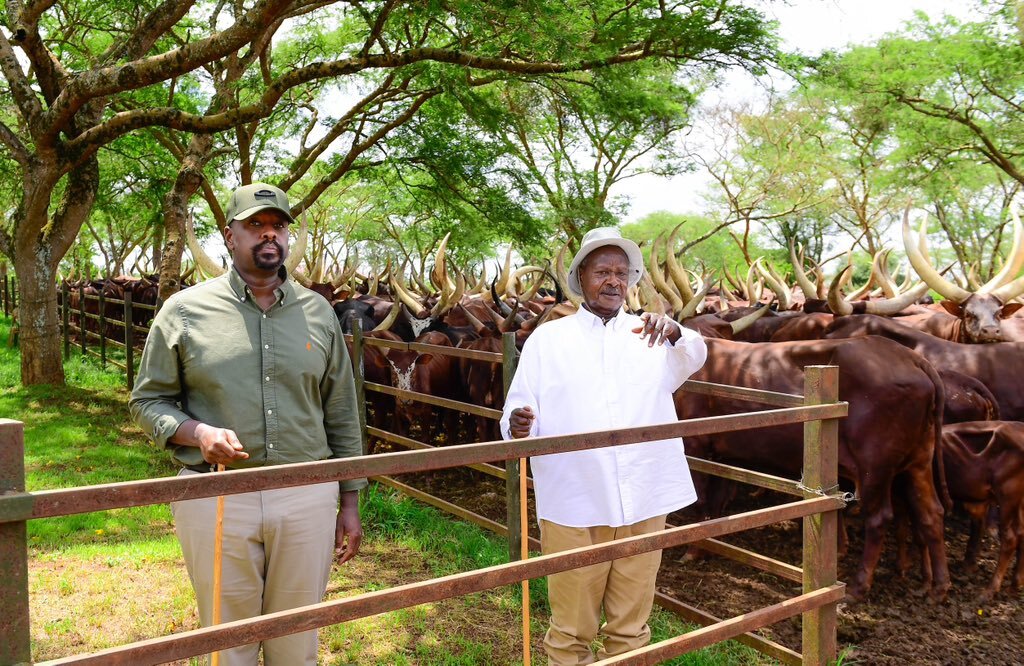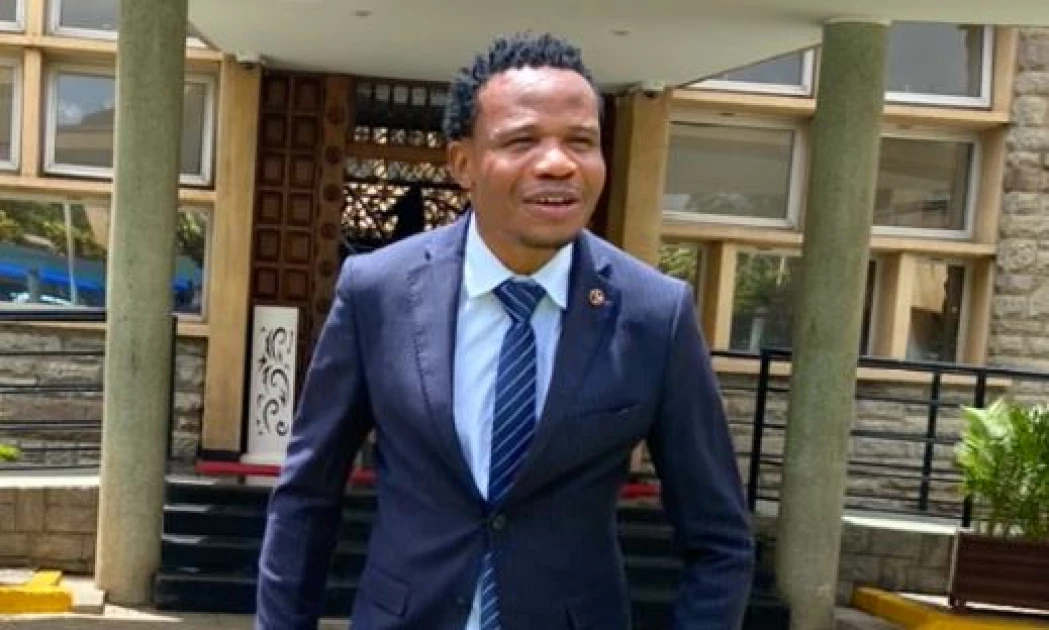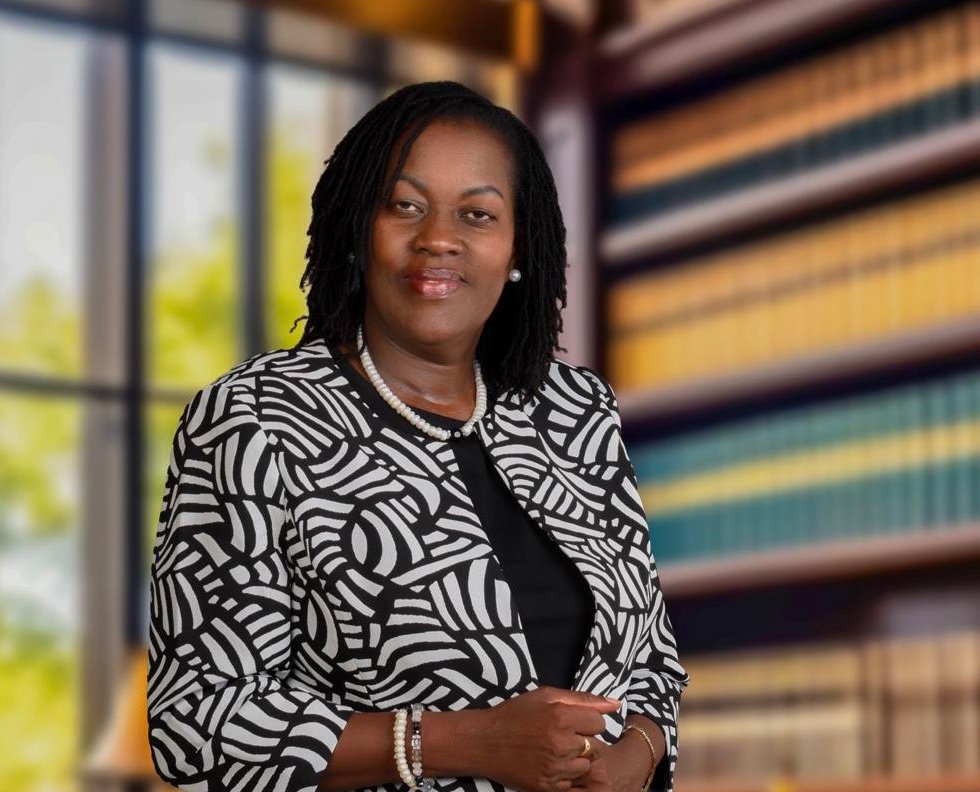In a series of dramatic late-night social media posts on Saturday, September 21, 2024, Muhoozi Kainerugaba, the son of Uganda’s long-serving President Yoweri Museveni and Chief of the Uganda Peoples’ Defence Forces (UPDF), shook the political landscape by announcing his withdrawal from the 2026 presidential race.
The announcement, posted on X (formerly Twitter), ignited a storm of reactions and raised serious questions about Uganda’s future leadership.
At 1:58 am, Muhoozi publicly declared that he would not be contesting the upcoming elections, instead throwing his full support behind his father, who has been in power since 1986.
“I would like to announce that I will not be on the ballot paper in 2026. Almighty God told me to focus on His Army first. So, I fully endorse President Yoweri Museveni in the next elections,” Muhoozi wrote.
However, his most provocative statement came hours later at 6:11 am, when he boldly declared that no civilian would be allowed to lead Uganda after his father’s reign.
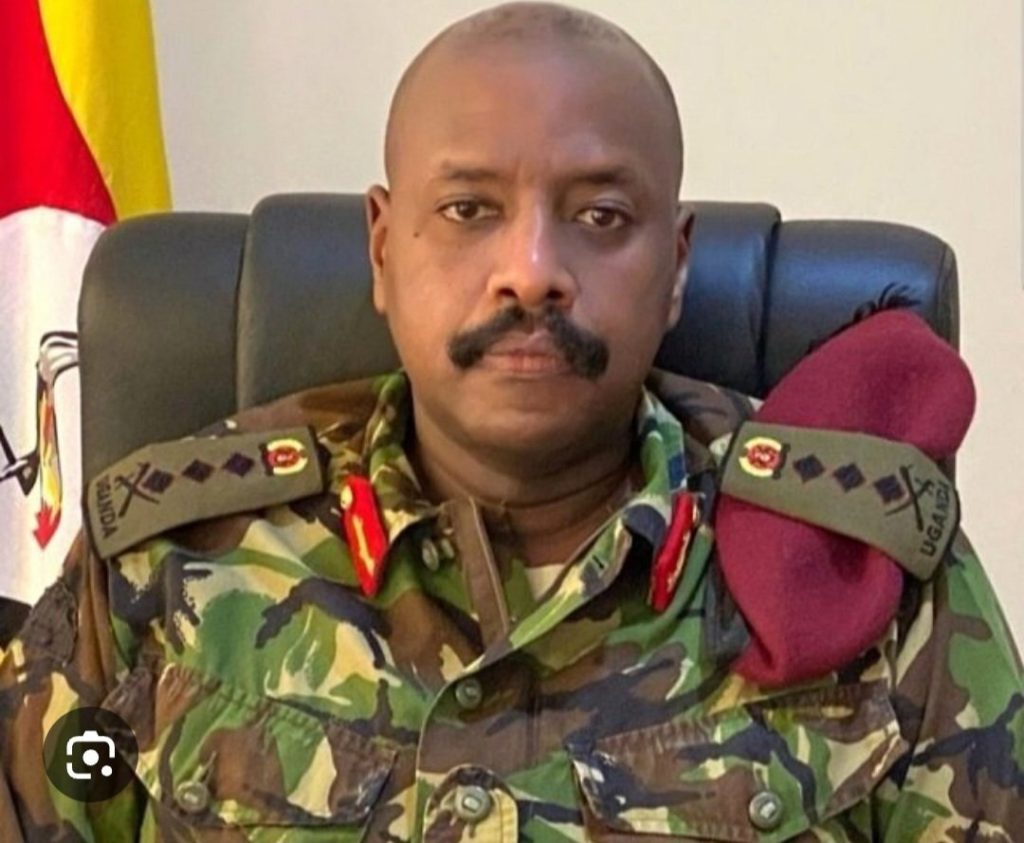

Muhoozi asserted that the security forces would only permit a successor from the military or police to take over leadership.
“No civilian will lead Uganda after President Museveni. The security forces will not allow it. The next leader will be a soldier or policeman,” Muhoozi wrote in a post that reverberated across the country.
2 years of campaigning
Muhoozi, who had long been seen as a potential heir to Museveni’s presidency, stunned both supporters and critics with this announcement.
His decision to step down from the race has left many wondering about the future of Uganda’s leadership and the role the military will play in shaping it.
For years, Muhoozi had been considered a likely successor, stoking speculation that his father would pass the torch to him in 2026.
As recently as August 2024, Muhoozi had declared his intent to take on the presidency, issuing a stern warning to doubters.
“When I become President of this beautiful country, anyone who doubts it will be in trouble!” he tweeted in August, sparking concerns among both Ugandan citizens and international observers.
In the lead-up to his withdrawal, Muhoozi and his supporters had crisscrossed the country for about two years, holding rallies and events, many of them centred around birthday celebrations, where they pitched him as the favoured candidate for the 2026 elections.
The electoral commission had even tentatively set the election date for January 12, 2026, solidifying his aspirations.
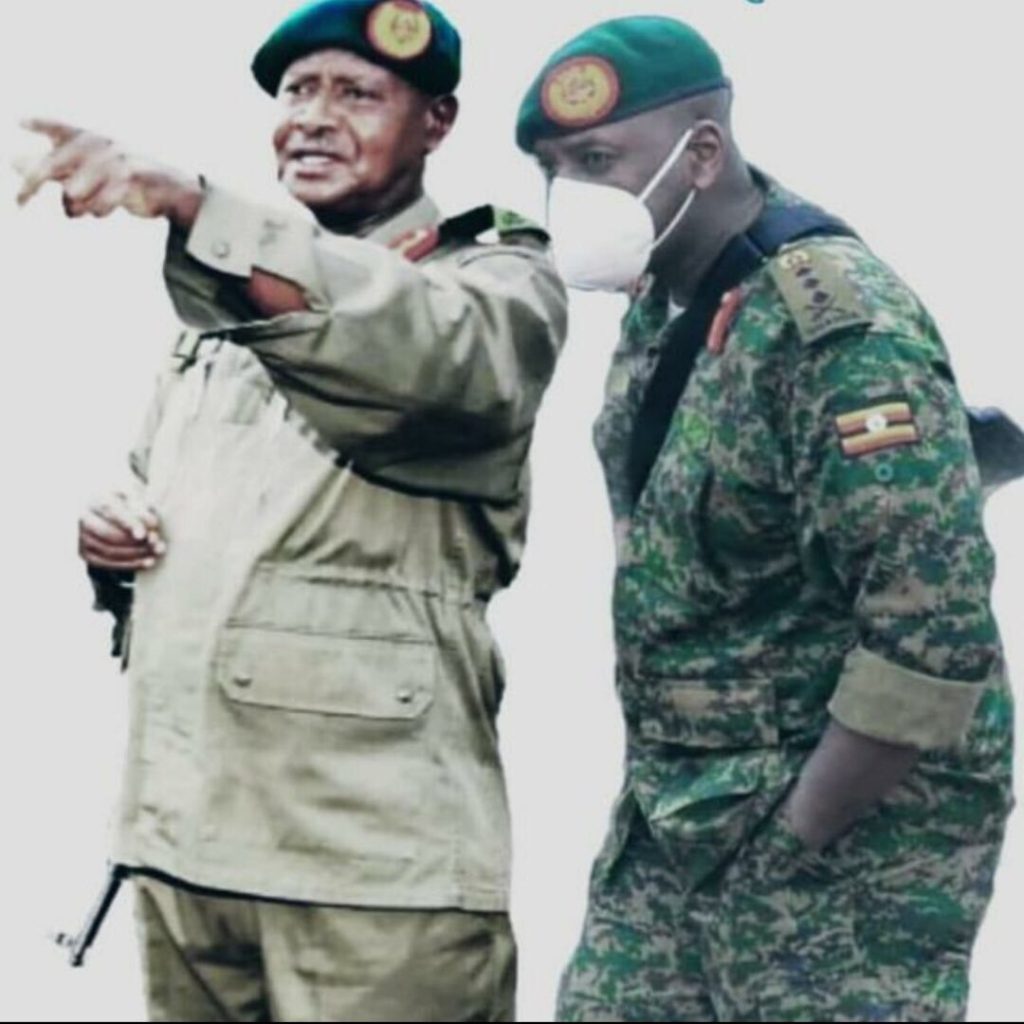

That same August, Muhoozi also issued a direct decree to his followers, instructing them to honour his father by displaying portraits of both him and President Museveni side by side.
“This is a decree to all my supporters and followers! From now on until the end of time, whenever you put up my portrait, you must also acknowledge my father. The greatest President in Africa,” he wrote, underscoring the deep familial and military ties that define Uganda’s power structure.
His sudden change of heart, paired with his insistence on military leadership, has left many both in Uganda and outside the country’s borders in suspense.
Muhoozi’s statements have heightened concerns about the future of civilian governance in Uganda and whether the military will continue to exert influence over the nation’s political direction.
As the countdown to the 2026 elections approaches, the tension between civilian leadership and military rule appears set to dominate the conversation, with Muhoozi at the centre of this growing debate.

